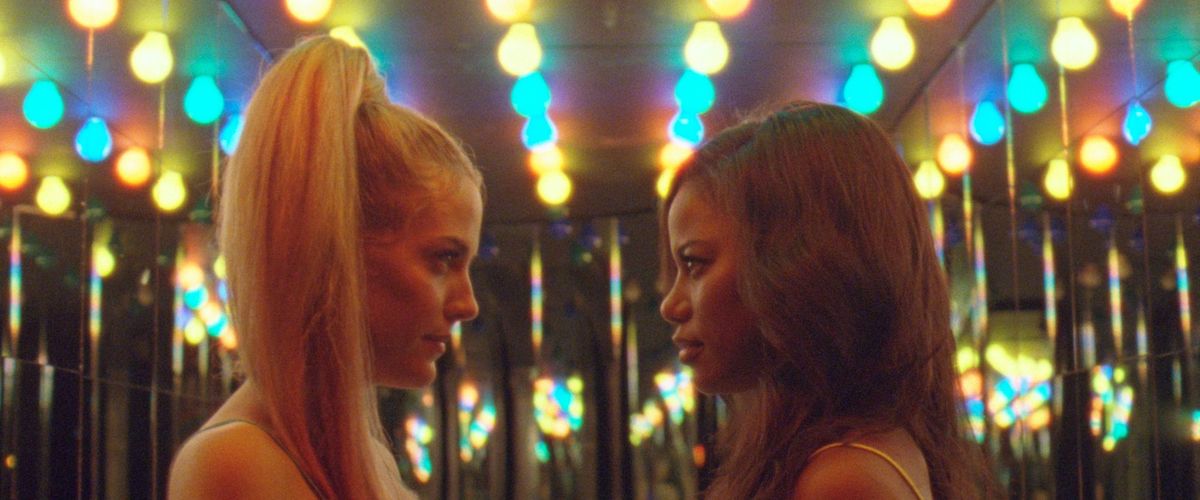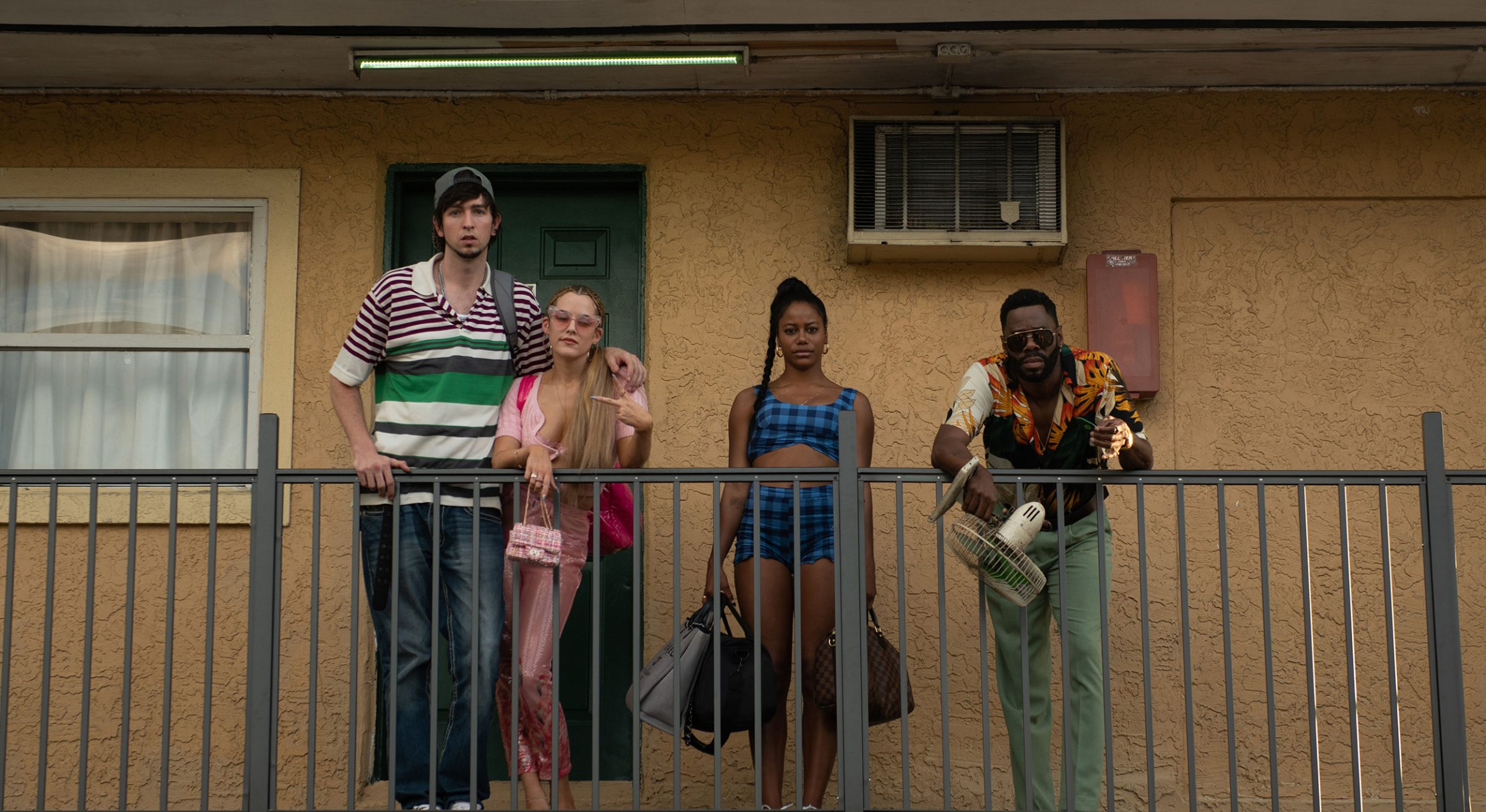Eighty members of the Southeastern Film Critic’s Association have voted Anora as the best film of 2024. The organization polls its members, including this columnist, annually to determine the 10 best films of the year, and award outstanding acting performances, as well as awards for writing and directing.
It was a contentious year for the critics.The closest category in this year’s balloting was for Best Documentary. With only two ballots left to be tabulated, the category was a three-way tie between Will & Harper, Sugarcane, and Super/Man the Christopher Reeve Story. When the final two votes were added, Sugarcane, an investigation into the Canadian Indian residential school system by directors Julian Brave, NoiseCat, and Emily Cassie, took the crown.
Another close result resulted in Jane Schoenbrun’s I Saw The TV Glow just missing the top 10. The acclaimed A24 film about a TV show’s increasingly creepy fandom was narrowly edged out by James Mangold’s Bob Dylan biopic, A Complete Unknown, which hits theaters on Christmas Day.
“Every year we hear from the naysaying sectors of the industry that it wasn’t a very good year for film,” says Scott Phillips, President of SEFCA and writer for Forbes.com. “This slate of winners easily disproves that statement for 2024.
“Between theatrical distribution and streaming, releases can be a bit scattered and hard to find, but if you take the time to find the better films of 2024, they form a potent lineup. We hope that film fans out there can use our Top 10 list to catch up on some of the best that 2024 had to offer.”
Look for my Best of 2024 in next week’s issue of the Memphis Flyer. Meanwhile, here are the complete results of the SEFCA’s poll.
SEFCA’s Top 10 Films of 2024
- Anora
- The Brutalist
- Conclave
- Dune Part 2
- Challengers
- Nickel Boys
- Sing Sing
- Wicked
- The Substance
- A Complete Unknown
Runner-Up: I Saw the TV Glow
Best Actor
Winner: Adrian Brody, The Brutalist
Runner-Up: Colman Domingo, Sing Sing
Best Actress
Winner: Mikey Madison, Anora
Runner-Up: Demi Moore, The Substance
Best Supporting Actor
Winner: Guy Pearce, The Brutalist
Runner-Up: Kieran Culkin, A Real Pain
Best Supporting Actress:
Winner: Ariana Grande, Wicked
Runner-up: Zoe Saldana, Emilia Perez
Best Ensemble
Winner: Conclave
Runner-Up: Sing Sing
Best Director
Winner: Brady Corbet, The Brutalist
Runner-Up: Sean Baker, Anora
Best Original Screenplay
Winner: Sean Baker, Anora
Runner-Up: Brady Corbet and Mona Fastvold, The Brutalist
Best Adapted Screenplay
Winner: Peter Straughan, Conclave
Runner-Up: RaMell Ross and Joslyn Barnes, Nickel Boys
Best Documentary
Winner: Sugarcane
Runner-Up: Super/Man: The Christopher Reeve Story
Best Animated Film
Winner: The Wild Robot
Runner-Up: Flow
Best Foreign Language Film
Winner: Emilia Perez
Runner-Up: The Seed of the Sacred Fig
Best Cinematography
Winner: Grieg Fraser, Dune Part 2
Runner-Up: Jarin Blaschke, Nosferatu
Best Score
Winner: Trent Reznor and Atticus Ross, Challengers
Runner-Up: Daniel Blumberg, The Brutalist


